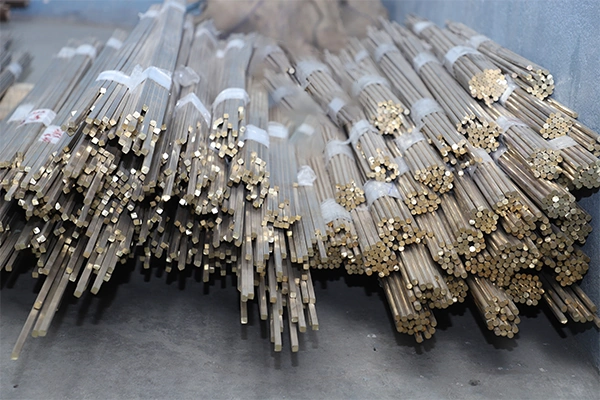Brass Material in Electrical Industries
The Versatility of Brass in Electrical Industries: A Comprehensive Guide
In the realm of electrical industries, where reliability, conductivity, and durability are paramount, brass emerges as a standout material for various applications, especially in wiring devices. At Trimurti Product, we take pride in manufacturing brass parts that contribute to the robustness and efficiency of electrical systems worldwide. Let’s delve into why brass is preferred, its composition, and the advantages it offers in this crucial sector.
Composition of Brass
Brass is an alloy primarily composed of copper and zinc, with varying proportions to achieve desired properties. The addition of other elements such as lead, tin, or aluminum further refines its characteristics. This composition lends brass a unique set of attributes ideal for electrical applications:
- Conductivity: Copper, the primary component of brass, ensures excellent electrical conductivity, crucial for transmitting electrical signals efficiently.
- Corrosion Resistance: Zinc imparts corrosion resistance to brass, making it suitable for use in diverse environmental conditions, both indoors and outdoors.
- Malleability and Formability: Zinc imparts corrosion resistance to brass, making it suitable for use in diverse environmental conditions, both indoors and outdoors.
Applications of Brass in Electrical Industries
- 1. Connectors and Terminals: Brass connectors are widely used in electrical wiring for their conductivity and ease of fabrication. Terminals made from brass ensure reliable electrical connections in various devices.
- 2. Switchgear and Circuit Breakers: Brass parts are integral to the construction of switchgear components and circuit breakers due to their ability to handle electrical current and resist heat.
- 3. Electrical Contacts: Brass is favoured for electrical contacts in switches and relays, where consistent conductivity and resistance to wear are critical.
- 4. Socket and Plug Components: Brass sockets and plugs are prevalent in electrical outlets and connectors due to their durability and ability to maintain electrical contact over prolonged use.
Advantages of Using Brass in Electrical Applications
- Excellent Electrical Conductivity: Brass offers conductivity properties comparable to pure copper, ensuring minimal electrical resistance.
- Mechanical Strength: It combines strength with ductility, making it resilient against mechanical stress and deformation.
- Thermal Conductivity: Brass efficiently dissipates heat generated during electrical operations, preventing overheating of components.
- Aesthetic Appeal: Beyond functionality, brass components often enhance the aesthetic appeal of electrical devices, making them suitable for both residential and industrial settings.
Sustainability and Recyclability
Brass is highly sustainable as it is fully recyclable without any loss in quality. This aspect aligns with modern environmental standards and ensures that manufacturing processes are eco-friendly.
Conclusion
In conclusion, brass stands as a cornerstone material in the electrical industry, offering a unique blend of conductivity, durability, and versatility. At Trimurti Product, our commitment to excellence drives us to craft precision brass parts that meet the stringent demands of modern electrical applications. Whether you’re designing advanced wiring solutions or enhancing existing systems, consider the unmatched benefits that brass brings to your projects.
For inquiries about our brass parts and how they can optimize your electrical applications, please visit www.trimurtiproduct.com or contactour team directly. Let’s empower your innovations with the enduring quality of brass.

